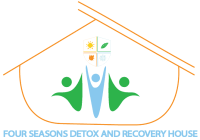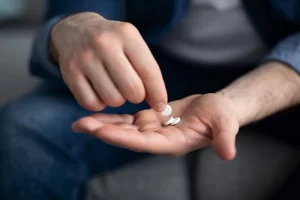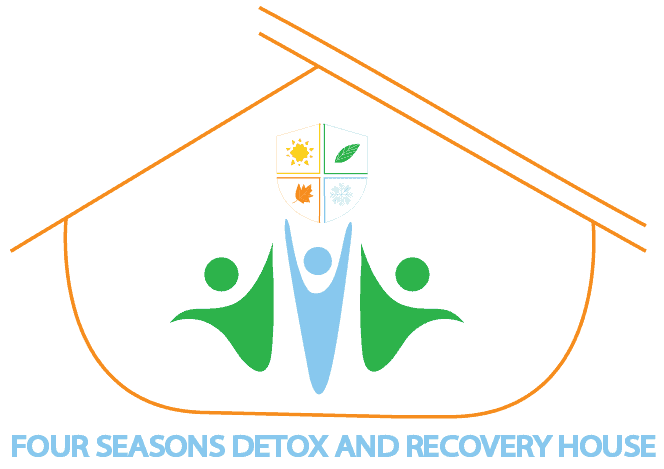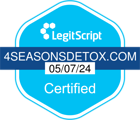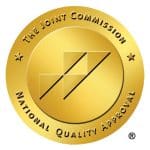In the realm of mental health, terms like “obsession” and “addiction” are often used interchangeably, leading to confusion and misdiagnosis. Both conditions can drastically impact an individual’s life, causing distress and dysfunction. However, understanding the fundamental differences between addiction and obsession is crucial for effective treatment and management. This article aims to explore the nuances of these conditions, their characteristics, types, and treatment options, helping readers gain a clearer perspective on how to address these issues.
Defining Addiction and Obsession
Obsession is characterized by persistent, intrusive thoughts that cause significant anxiety. These thoughts often lead to compulsive behaviors as individuals attempt to alleviate their anxiety. For instance, someone with an obsession about cleanliness might wash their hands repeatedly to the point where it disrupts their daily life.
In contrast, addiction is a chronic disorder involving compulsive engagement in substance use or behaviors, despite knowing the harmful consequences. This can manifest as addiction to substances like drugs and alcohol, or behaviors such as gambling and shopping. The key difference lies in the motivation—while obsession is driven by fear and anxiety, addiction is often driven by the pursuit of pleasure or relief from withdrawal.
Key Characteristics, Types, and Treatment Options for Addiction
Characteristics of Addiction
Addiction often leads to physical and psychological dependence. Physically, addiction can alter brain function, making it challenging to quit without medical intervention. Psychologically, addiction manifests as cravings and compulsive behaviors, which can lead to secrecy and a loss of control. Behavioral symptoms might include neglecting responsibilities and engaging in risky activities to satisfy the addiction.
Types of Addiction
- Substance Addiction: This includes addiction to drugs (e.g., cocaine, heroin), alcohol, nicotine, and prescription medications. Substance addiction often leads to severe health issues and requires comprehensive treatment.
- Behavioral Addiction: This includes gambling, internet addiction, shopping, and other non-substance-related behaviors. Behavioral addictions can be just as debilitating as substance addictions, impacting mental health and daily functioning.
Treatment Options
- Detoxification: This is often the first step in treating substance addiction, involving medical supervision to safely remove the substance from the body.
- Therapies: Cognitive Behavioral Therapy (CBT), group therapy, and family therapy are essential in addressing the psychological aspects of addiction. These therapies help individuals understand and change their addictive behaviors.
- Medication: Medications like methadone, buprenorphine, and naltrexone can help manage withdrawal symptoms and prevent relapse, making it easier for individuals to focus on recovery.
Related Articles:
Related Articles:
- Signs and Symptoms of Addiction
- How Do I Know If I Have an Addiction?
- How Long Does It Take To Break An Addiction?
- What Is A Functioning Addict?
Key Characteristics, Types, and Treatment Options for Obsession
Characteristics of Obsession
Obsessions involve intrusive, unwanted thoughts that lead to significant distress. These thoughts often result in compulsive behaviors aimed at reducing the anxiety they cause. For example, someone obsessed with safety might repeatedly check if doors are locked, disrupting their ability to perform daily tasks efficiently.
Types of Obsession
- OCD-Related Obsessions: These include contamination fears, checking behaviors, and symmetry obsessions. People with OCD often perform rituals to alleviate the anxiety caused by these thoughts.
- Non-OCD Obsessions: These can include obsessive thoughts about a person, activity, or object that do not necessarily meet the criteria for OCD but still cause significant distress and disruption.
Treatment Options
- Cognitive Behavioral Therapy (CBT): CBT is highly effective in treating obsessions by helping individuals challenge and change their intrusive thoughts and related behaviors.
- Exposure and Response Prevention (ERP): This specific form of CBT involves exposing individuals to their fears without allowing them to engage in the compulsive behavior, helping to reduce the anxiety over time.
- Medications: Selective Serotonin Reuptake Inhibitors (SSRIs) and other medications can help reduce the severity of obsessive symptoms, making therapy more effective.
Why Obsession adn Addiction Are Often Mistaken As Being the Same
Similarities in Behavior
Both addiction and obsession involve compulsive actions that can severely disrupt an individual’s life. The repetitive nature of these behaviors and the distress they cause often lead people to confuse the two conditions. For instance, both an addict and someone with OCD might feel compelled to perform certain rituals, whether it’s using a substance or checking a lock multiple times.
Differences in Motivation
Despite the behavioral similarities, the underlying motivations differ significantly. Obsessions are driven by fear and anxiety, with behaviors aimed at alleviating this anxiety. In contrast, addictions are driven by a desire for pleasure or relief from withdrawal symptoms. This fundamental difference in motivation is crucial for accurate diagnosis and treatment.
Overlap and Co-occurrence
In some cases, individuals may suffer from both conditions simultaneously, complicating diagnosis and treatment. For example, someone with a drug addiction might also have obsessive rituals related to their drug use. This overlap can make it challenging to determine which condition is primary and how best to treat it. Dual diagnosis and integrated treatment approaches are often necessary to address both issues effectively.
Conclusion
Understanding the differences between addiction and obsession is essential for effective treatment and management. While both conditions involve compulsive behaviors that can disrupt daily life, their underlying motivations and impacts are distinct. By recognizing these differences, individuals can seek appropriate help and take steps toward recovery. If you or someone you know is struggling with either condition, it is important to reach out for professional assistance.
At Four Seasons Detox Drug and Alcohol Rehab Center, we offer comprehensive treatment programs tailored to meet the unique needs of each individual. Our team of experienced professionals is dedicated to helping you achieve lasting recovery and emotional sobriety. Contact us today to learn more about our services and how we can support you on your journey to wellness.
